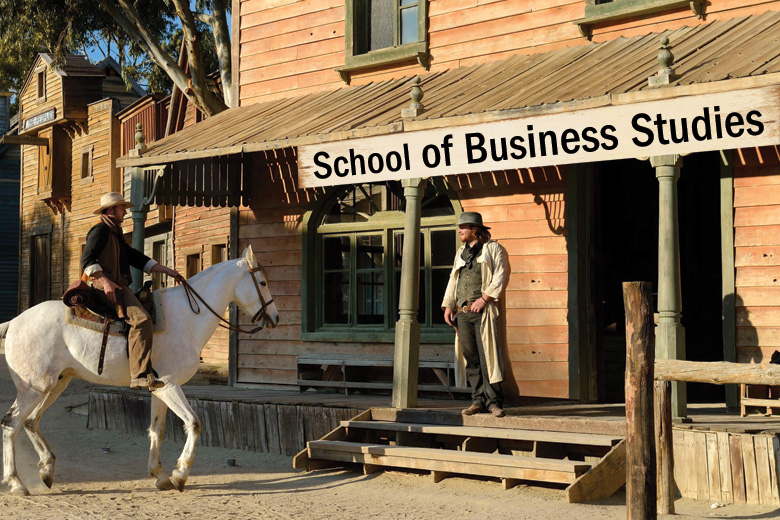Hats off to the Queen!
That was the enthusiastic response of Louise Bimpson, the Corporate Director of our ever-expanding Human Resources team, when she learned details of the Well Being Week that will be held at Queen Mary University of London, later this month.
Ms Bimpson told our reporter Keith Ponting (30) that she was particularly impressed by the “timing” of the Well Being Week. “Only days after the Times Higher Education University Workplace Survey produced compelling evidence that ‘most academics feel over-worked, exploited and ignored by management’ and that more than a quarter of academics surveyed ‘feel their job has a negative impact on their health’, along comes QMU with ideas that are clearly aimed at remedying this unfortunate state of affairs.”
But what, asked Ponting, was there about the QMU initiative that suggested it might have such a favourable effect on morale?
“Frankly”, said Ms Bimpson, “it’s difficult to know where to begin. But for a start, there is the promise of seminars on mindfulness run by a highly qualified mindfulness person in which participants will no doubt have the chance to share their experiences of stress and listen to their own breath going in and out.”
And for those who might fight shy of mindfulness, the QMU handout also lists such well-known stress busters as manicures, massages and guided walks. And if none of that helps, academics are told that they can enliven their own lives by adopting one or other of the following ideas: “Placing cheerful bunting in the laboratory, bringing spring bulbs and pots to the office, and enjoying a ‘team fuddle’ where everybody ‘brings a different dish for a buffet’.”
But, asked Ponting, would such “admirable initiatives” do anything to address the long-standing structural problems revealed by the THE University Workplace Survey? They did seem somewhat short term in scale.
“Not at all,” insisted Ms Bimpson. “QMU has shown its full commitment to improving the lot of academics by also announcing ‘that each member of staff can attend one event in their normal working time’.”

Trust me: I’m an MBA
Our highly successful Business School, which currently offers gold-plated MBAs to almost anyone who’s prepared to fork out the best part of £35,000 a year for a complacent pre-economic crisis version of the business world, is suddenly in the spotlight.
Critics of the Poppleton school have pointed out that it fits the standard pattern of business schools recently criticised by Dianne Bevelander, professor of management education at Erasmus University, Rotterdam, in that it is almost entirely composed of male students and male staff and spends a great deal of time lauding the achievements of male business leaders.
But the head of the school, Professor Geoff Bloke, insisted that any such gender imbalance was “entirely inadvertent”. Only last month he had advertised for a new lecturer to join his “thrusting, dynamic, go-ahead, goal-oriented, no-nonsense, in-your-face, stand-up-and-be-counted team” and not a single woman had applied. “That glass ceiling has a lot to answer for”, he told our reporter.
Jennifer Doubleday is counting her chickens.
Register to continue
Why register?
- Registration is free and only takes a moment
- Once registered, you can read 3 articles a month
- Sign up for our newsletter
Subscribe
Or subscribe for unlimited access to:
- Unlimited access to news, views, insights & reviews
- Digital editions
- Digital access to THE’s university and college rankings analysis
Already registered or a current subscriber? Login
